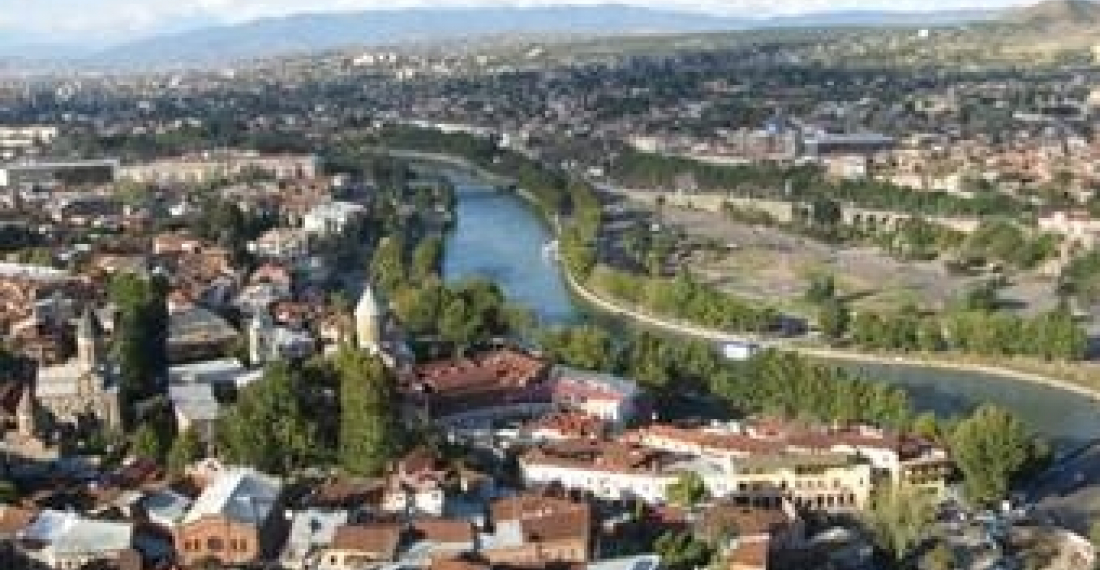The Georgian Environmental NGOs Network (CENN) has addressed the Ministries of Environment Protection and Energy and Natural Resources of Georgia with official letters in order to obtain detailed information on the current status of the construction of a hydropower plant cascade on the Georgian-Turkish border.
In December, 2011, information was circulated with regards to the construction of the "Beshik Haya" hydropower plant cascade in the Turkish province of Ardagan at the Turkish-Georgian border.
The terms of the initial project entailed the alteration of the Mtkvari river bed so that the river would flow through the territory of Turkey , instead of Georgia , as it presently does. The project involved the diversion of the water flow from Mtkvari into the Tchorokhi river bed.
The information earned widespread public criticism and disapproval on the part of NGOs working in the environmental sector. According to the representatives of environmental organizations, the diversion of the Mtkvari river bed would result in the substantial decrease of accessible water resources and cause significant environmental and economic damage to Georgia .
According to data provided by CENN's experts, the mean annual liquid runoff of the River Mtkvari at the Turkish-Georgian border constitutes roughly 33 m3. Through the confluence of its tributaries, the mean Mtkvari water runoff reaching Tbilisi on an annual basis amounts to 230 m3.
In case of the implementation of the "Beshik Haya" cascade construction project and the diversion of the Mtkvari water flow into the Tchorokhi river bed, the mean runoff reaching Tbilisi annually will be reduced to approximately 200 m3, which would be particularly apparent in the summer months.
Given that Gardabani and part of the Iori Plateau receive water from the Mtkvari River , the reduction of its flow - and, thus, of the amount of water available for irrigation - would have the most negative impact on the agricultural lands in the territory, which, consequently, would lead to lower crop yields.
According to recent information, instead of the "Beshik Haya" HPP cascade, a joint cascade will be constructed on the Turkish-Georgian border, which no longer entails the diversion of the Mtkvari river bed and the reduction of its water resources in Georgia. The "Mtkvari cascade" will consist of three hydropower plants, of which one will be constructed on Turkish soil, while two will be erected on Georgian territory.
source: CENN







